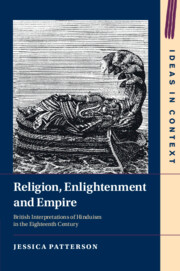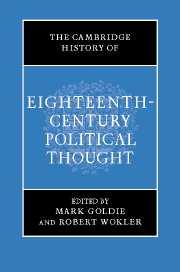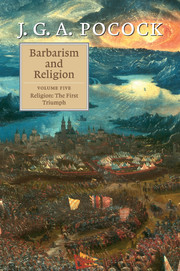Religion, Enlightenment and Empire
In the second half of the eighteenth century, several British East India Company servants published accounts of what they deemed to be the original and ancient religion of India. Drawing on what are recognised today as the texts and traditions of Hinduism, these works fed into a booming enlightenment interest in Eastern philosophy. At the same time, the Company's aggressive conquest of Bengal was facing a crisis of legitimacy and many of the prominent political minds of the day were turning their attention to the question of empire. In this original study, Jessica Patterson situates these Company works on the 'Hindu religion' in the twin contexts of enlightenment and empire. In doing so, she uncovers the central role of heterodox religious approaches to Indian religions for enlightenment thought, East India Company policy, and contemporary ideas of empire.
- Addresses an important gap in our understanding of European concepts of Hinduism
- Provides the first comprehensive study of some neglected thinkers, and makes a case for their importance
- Covers an important period in the history of British India, bringing together religious history, intellectual history and the history of empire
Product details
November 2023Paperback
9781009017688
367 pages
228 × 151 × 22 mm
0.55kg
Available
Table of Contents
- Introduction
- Part I. Religion, Enlightenment and Empire:
- 1. European Letters, the Company and Hinduism
- 2. John Zephaniah Holwell and the Religion of the Gentoos
- 3. Alexander Dow and the Hindoo Shasters
- 4. Enlightenment and Empire
- Part II. From Scepticism to Orientalism:
- 5. Nathaniel Brassey Halhed and Gentoo Antiquity
- 6. Charles Wilkins and the Gēētā
- 7. William Jones, Vedānta and the 'Permanent Settlement'
- Conclusion.






